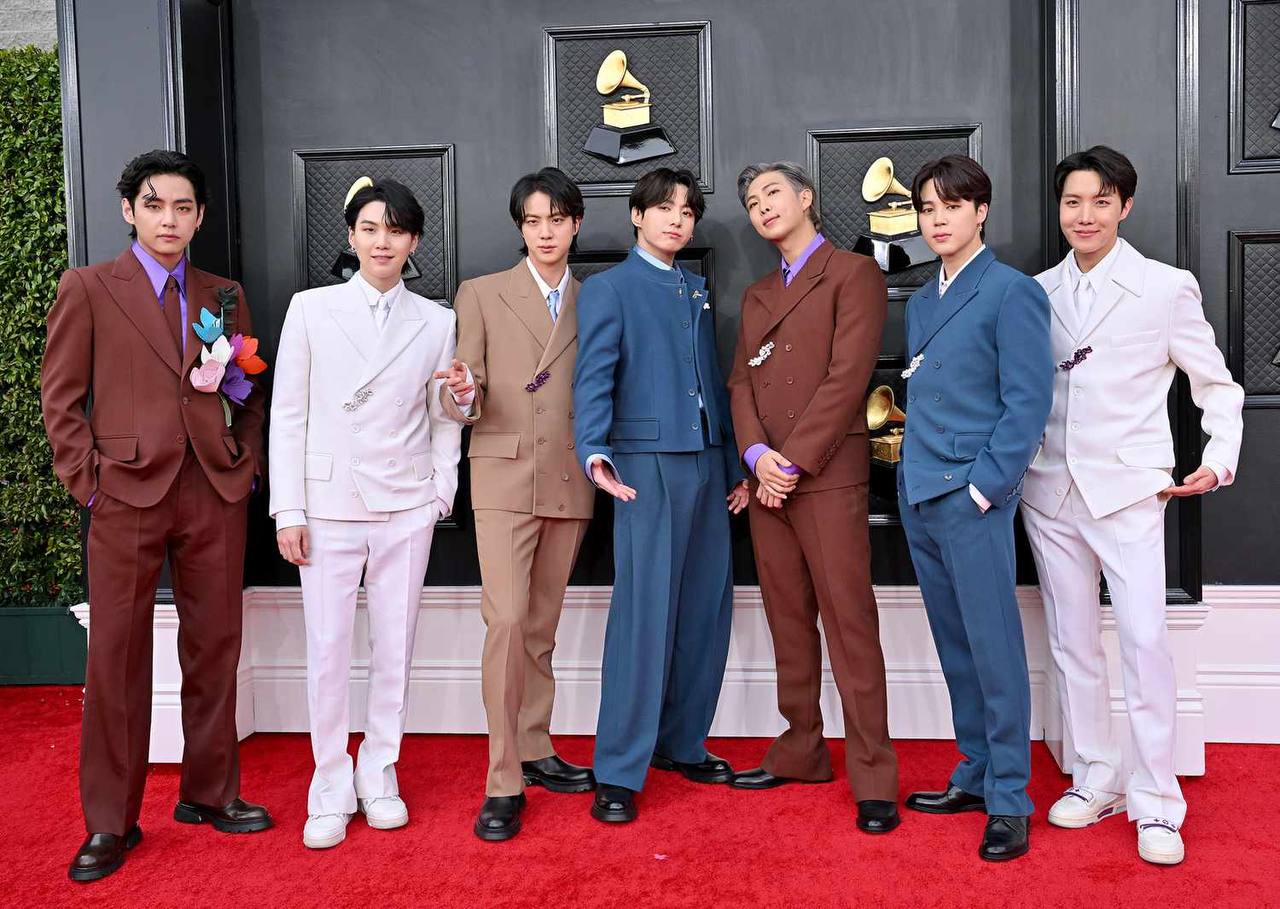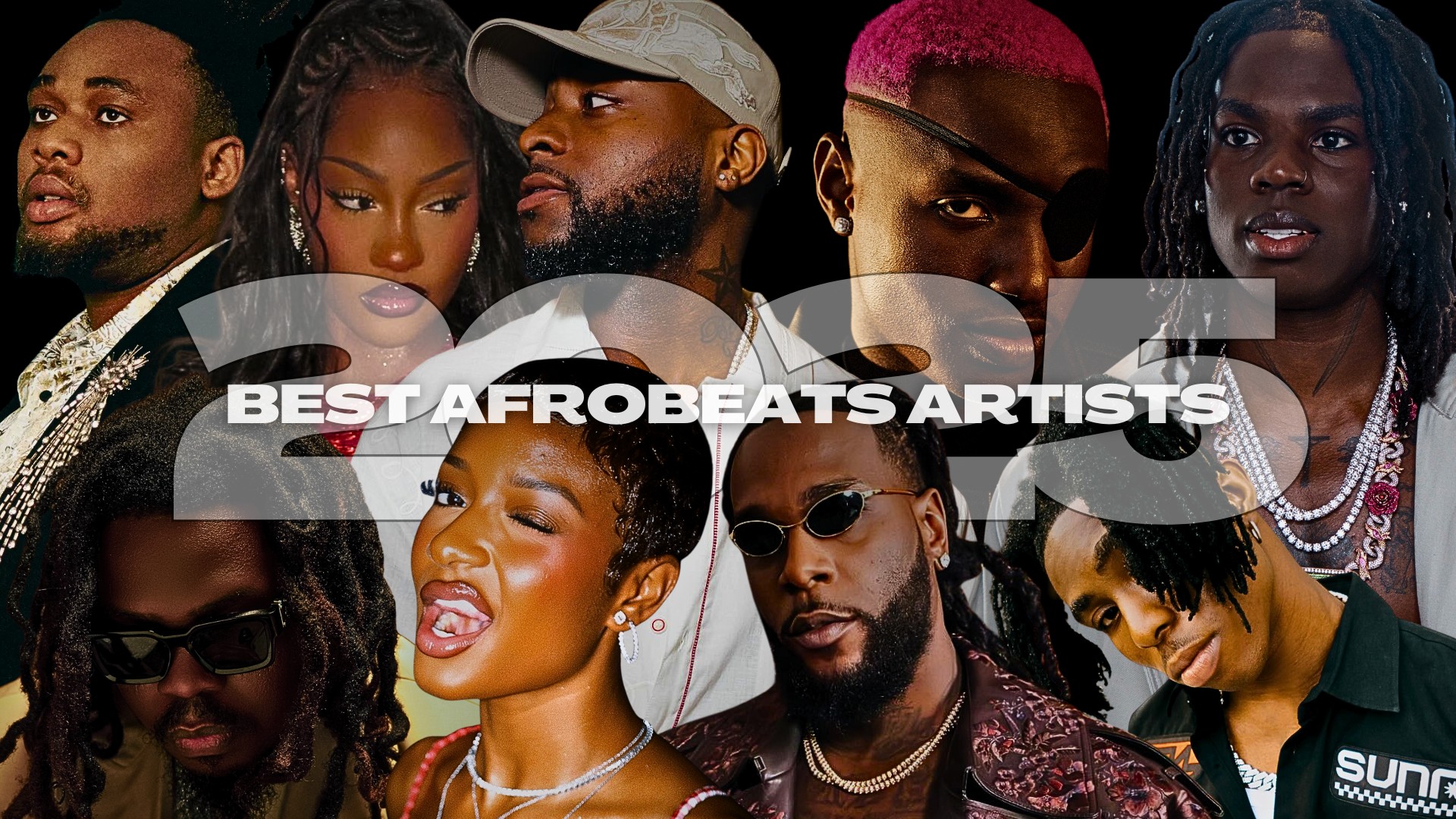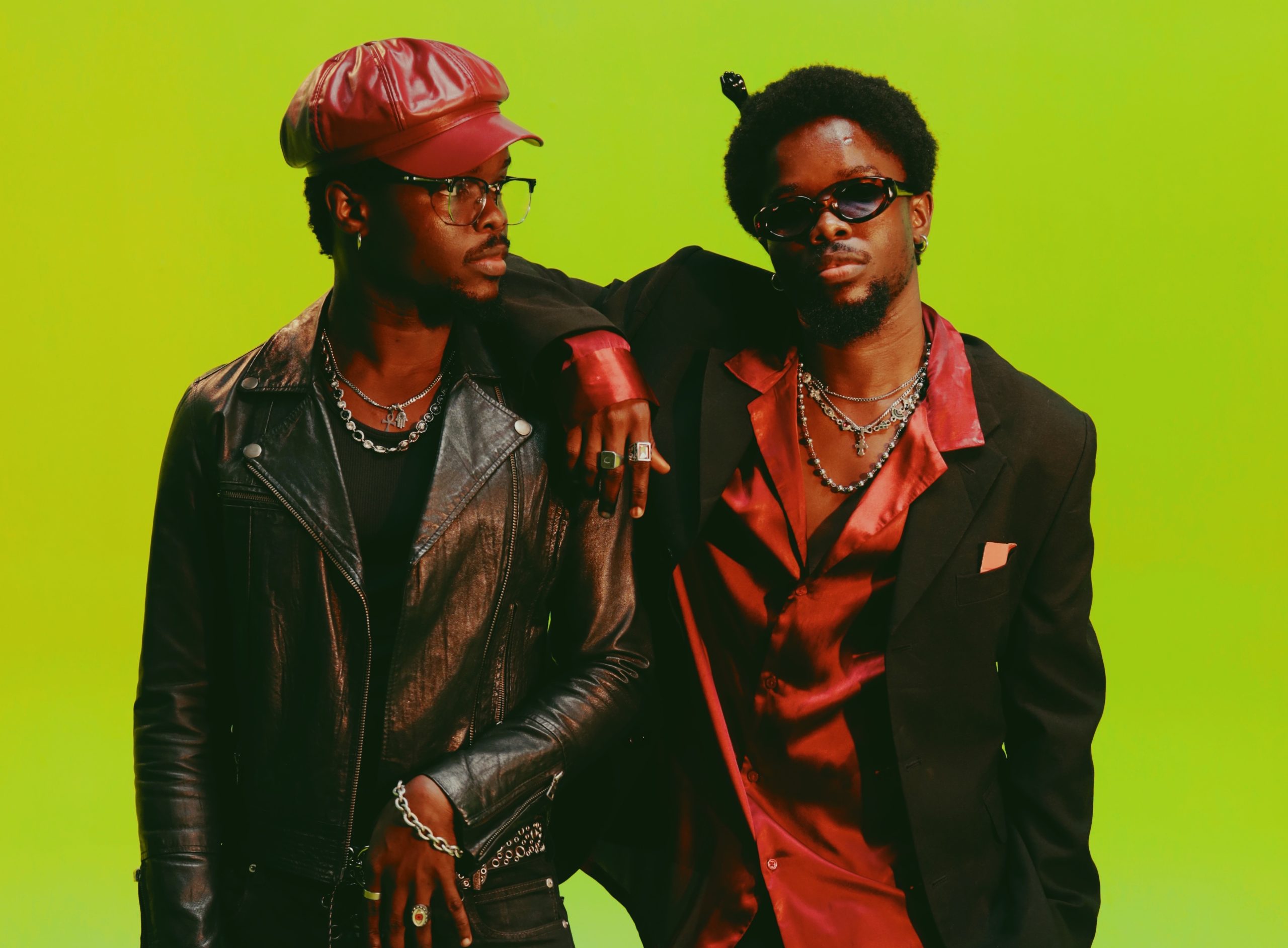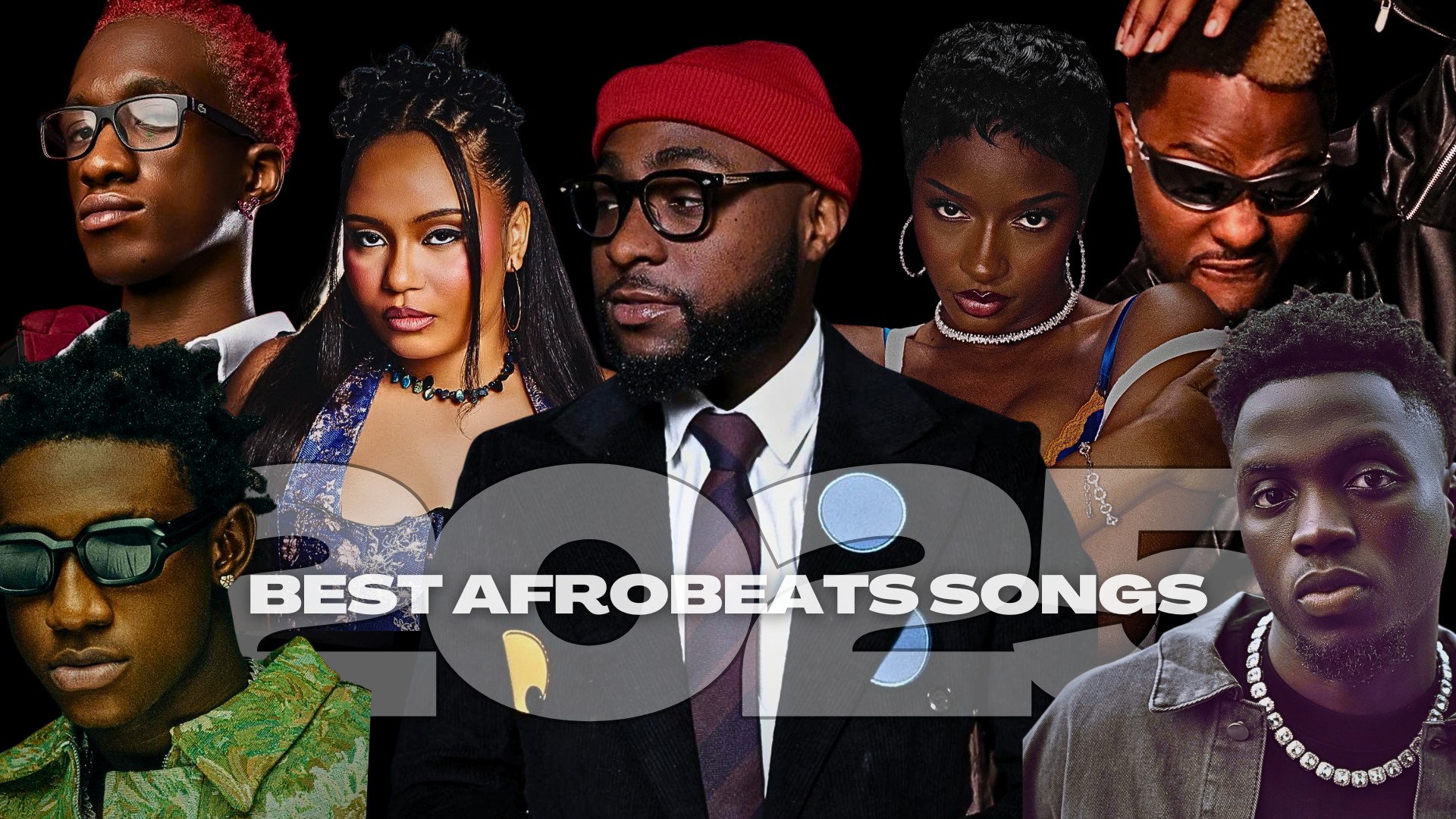Is Amapiano the future of African music?
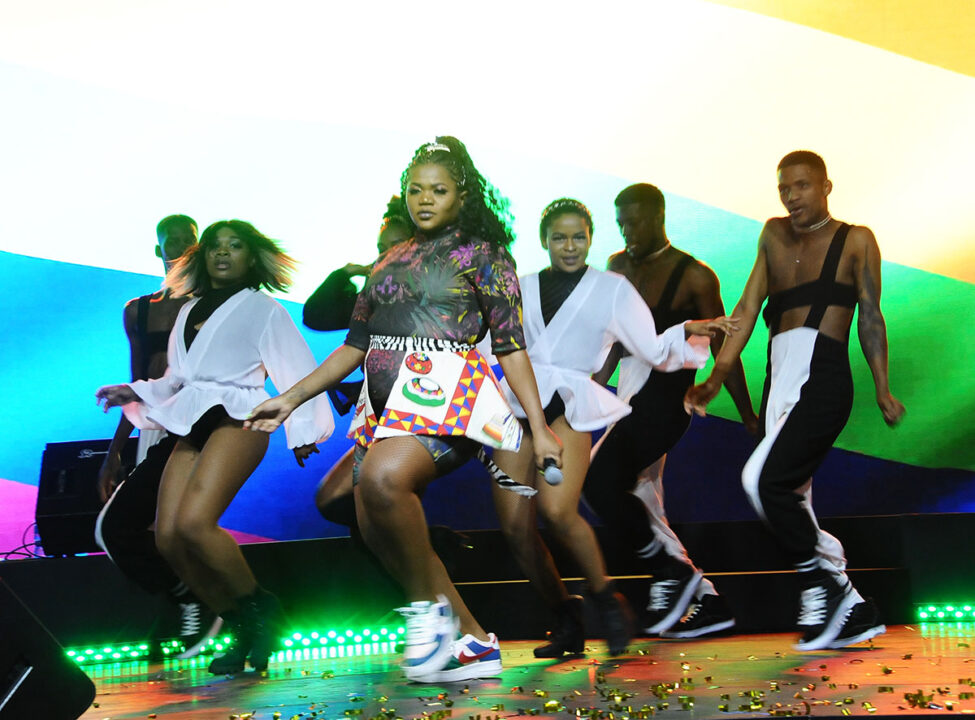
It's 2023, a year where an African party is incomplete without Amapiano. Could this be the next music genre out of Africa?
The question surrounding the future of African music and the role of Amapiano in it has been at the centre of heated debates and discussions within the music industry. Amapiano, a genre that originated in South Africa, has been gaining significant traction and capturing the attention of music lovers worldwide. Its unique blend of house music with jazzy elements has created a distinct sound that resonates with a diverse audience.
The recent involvement of international artists like Chris Brown is set to further propel Amapiano into the global spotlight. Lojay, a Nigerian artist, introduced Amapiano to Swae Lee, an American rapper, who acknowledged the genre's influence and expressed his interest in exploring it further. However, Swae Lee's tweet on July 11, 2023, which included the Nigerian flag, sparked controversy and raised questions about cultural appropriation.
South Africans raised concerns about his innocent tweet, and Swae Lee faced significant backlash for including the Nigerian flag in his post. The rapper clarified that the reason behind this inclusion was merely due to his Nigerian heritage.
Nevertheless, numerous South African fans and artists expressed their dissatisfaction with the American musician. Swae Lee, however, defended himself by stating, "I never discredited nobody sorry y’all read it that way I never said anything about it’s origins in that tweet I was just letting my fans know I’m tapped in and been cooking some amapiano style songs salute to the history of amapiano and the first creators of it I’m not taking that away from anybody much love and stay tuned.”
Although facing criticism on social media, the American rapper remains determined to delve into the trending African music genre. The widespread influence of Amapiano cannot be overstated. It has gained a devoted following in South Africa, becoming deeply embedded in the local club culture. Moreover, its captivating rhythms and memorable melodies have achieved success on platforms like TikTok and YouTube, with dance videos and excerpts going viral. The immense potential of this remarkable music genre is undoubtedly one of the driving factors behind South Africans' eagerness to safeguard their sound and control the narrative around it.
What is Amapiano?
Amapiano, originating from the Zulu language, translates to "the pianos" or "piano people." The genre's name is rooted in its beginnings as a jazzy variant of house music, where DJs at gatherings in Johannesburg and Pretoria would occasionally invite keyboard players to improvise chords alongside the beats. For decades, South African producers have been at the forefront of innovating electronic dance music, and the emergence of social media has played a crucial role in bringing their creations to a wider audience.
The essence of Amapiano lies in its fusion of diverse musical influences, incorporating African melodies, elements from hip-hop, reggae, and U.S. house music, all meticulously slowed down to approximately 105 bpm. Its joyful and lively nature captures a spirit reminiscent of Congolese folk music.
Amapiano beautifully blends various genres, including Kwaito, which integrates traditional percussion and South African house music that dominated the airwaves in the nineties. Additionally, the genre showcases piano and synthesiser lines influenced by jazz. Oskido, a renowned producer and a pioneer of Kwaito, emphasises the connection between Kwaito and Amapiano, as both share the characteristic slowed-down house music beats at their core, as highlighted in the BBC's This Is Amapiano documentary.
Amapiano’s rise in the Nigerian music scene
Amapiano's rise to prominence coincided with the COVID-19 pandemic, which forced many clubs and live music venues to close. As a result, artists and DJs turned to online platforms to share their music and connect with audiences. This digital landscape provided a gateway for Amapiano to reach a global audience, transcending geographical boundaries and exposing more people to its vibrant sound.
Led by renowned artists like DJ Maphorisa and Kabza De Small, Amapiano's popularity transcended its South African origins and resonated with a global audience. In 2020, Kabza De Small collaborated with Nigerian stars Wizkid and Burna Boy to release the Amapiano single Sponono. Wizkid was also featured on Kabza De Small's track Need You Tonight the same year. Another noteworthy collaboration took place in 2021 when Focalistic teamed up with Davido to remix his 2020 Amapiano hit, Ke Star. As Amapiano found its way to Nigeria, it underwent modifications, moving away from its extended, dramatic, and melodic intros and embracing a more precise style featuring infectious lyrics and log drums. This modified Amapiano/Omopiano trend has become the dominant genre in the Nigerian music scene.
While Amapiano first entered the Nigerian music industry between late 2019 and early 2020, variations of the house music genre had already been present. Niniola, whose sound she describes as "Afro-house," began experimenting with house music as early as 2017 with the hit track Maradona, produced by Sarz. In her interview with Cool FM, the singer sheds light on her music genre, highlighting the experimental freedom granted by Afro-house. She made it clear that while her sound might not be specifically classified as Amapiano, Nigerian music has frequently incorporated elements from the house music genre.
In 2023, Nigerian singers KCee and Kolaboy combined Oja, an important instrument in Ogene music and Igbo culture, with amapiano in their songs Ojapiano and Kolapiano, respectively, to create what is now known as "Ojapiano." The high-pitched handheld carved wooden whistle used for speech surrogacy and rapid-fire melodic interjection has now been married with amapiano in Nigeria to further popularise the genre in the Nigerian and West African music landscape.
Amapiano’s global potential
While Afrobeats continues to dominate the African music scene, Amapiano presents a refreshing alternative that pushes boundaries and showcases the versatility of African music. Its fusion of traditional African rhythms with contemporary electronic elements has the potential to captivate listeners worldwide and expand the horizons of African music.
Whether Amapiano becomes the future of African music is yet to be seen. The music industry is ever-evolving, and new genres emerge regularly. However, Amapiano's global reach and the enthusiasm it has generated among listeners suggest that it has the potential to play a significant role in shaping the future of African music.
Amapiano transcends mere music; it embodies an entire cultural phenomenon. Rooted in the struggles of its origin, this genre champions the freedom of experimentation, expression, and financial gains for DJs and producers alike. It features two distinct musical facets: the electrifying club bangers and the soul-stirring melodies. Moreover, dance plays a pivotal role in the Amapiano culture.
A fascinating aspect to explore is the distinction between the Nigerian interpretation of Amapiano, which seems to be spreading more rapidly than its South African counterpart. In Nigeria, artists take centre stage as the face of the movement, whereas in South Africa, it is the producers and DJs who shine. This difference offers artists a unique platform for more visible performances and diverse avenues to monetize and promote their brands compared to the producer/DJ-centric approach.
With improved branding and recognition, Amapiano has the potential to become the biggest export out of Africa, carrying its rich cultural essence far and wide.
As music enthusiasts, we should embrace the diversity and richness of African music, celebrating the various genres and styles that represent the continent's vibrant musical landscape. Amapiano's success serves as a reminder of the creativity and innovation emanating from Africa and paves the way for further exploration and collaboration within the music industry.


